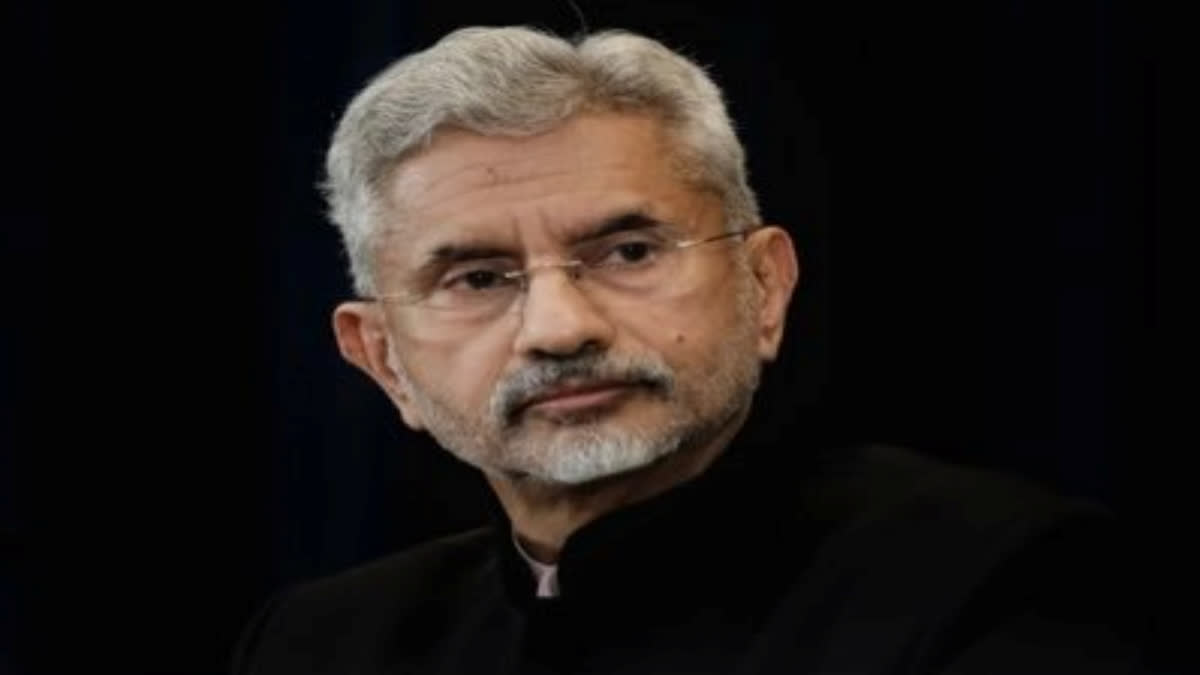New Delhi:External Affairs Minister S Jaishankar is now in Germany to attend the 60th edition of the Munich Security Conference (MSC) being held from February 16 to 18. After reaching Munich, Jaishankar held a meeting with UK Foreign Secretary David Cameron on Friday during which the two leaders held talks on bilateral relations, global and regional issues.
“Started my engagements at #MunichSecurityConference by meeting UK Foreign Secretary @David_Cameron,” Jaishankar posted on X (formerly Twitter). “A good discussion on our bilateral cooperation as well as global and regional issues.” Jaishankar also met with his counterparts from Peru and Bulgaria, Javier Gonzalez-Olaechea and Mariya Gabriel respectively during the day.
Though there has been no official statement from the Ministry of External Affairs regarding Jaishankar’s participation in MSC 2024 till the filing of this report, his presence reflects the importance India is attaching to this annual event. The conference is organised privately and therefore not an official government event. It is used exclusively for discussion and authorisation for binding intergovernmental decisions does not exist. Furthermore, there is--contrary to usual conventions --no common final communique.
What is the MSC that is hosted in the German city of Munich every year?
Dubbed the ‘Davos of Defence’, the MSC is an annual international forum focused on discussing and addressing key security and foreign policy issues. It serves as a platform for political leaders, policymakers, military officials, experts and representatives from civil society to engage in dialogue and debate on global security challenges.
The conference was first held in 1963 and has since become one of the most significant events in the field of international security. It takes place in Munich, Germany, and typically attracts high-profile participants, including heads of state, defence ministers, foreign ministers, and other influential figures.
The MSC provides an opportunity for participants to exchange ideas, share perspectives, and collaborate on finding solutions to pressing global security issues such as terrorism, conflict resolution, arms control, cyber threats, and geopolitical tensions. The discussions at the Munich Security Conference contribute to shaping policies and fostering cooperation among nations to enhance global security and stability.
The conference evolved from the Internationale Wehrkundebegegnung/Munchner Wehrkundetagung, which was founded in 1963 by Ewald-Heinrich von Kleist-Schmenzin, who was part of the Stauffenberg circle. Claus von Stauffenberg was the German army officer, who was behind the failed attempt to assassinate Adolf Hitler at the Wolf's Lair in 1944. Kleist-Schmenzin advocated the prevention of military conflicts such as the Second World War in the future and brought together leaders and experts in security policy for this reason.
According to the MSC website, when the Cold War came to an end, both Kleist-Schmenzin, who had founded the conference, and his successor as chairman, Horst Teltschik, built on the unique character of this trans-Atlantic meeting, but they also decided to invite participants from countries that had not been part of the Western world before.
